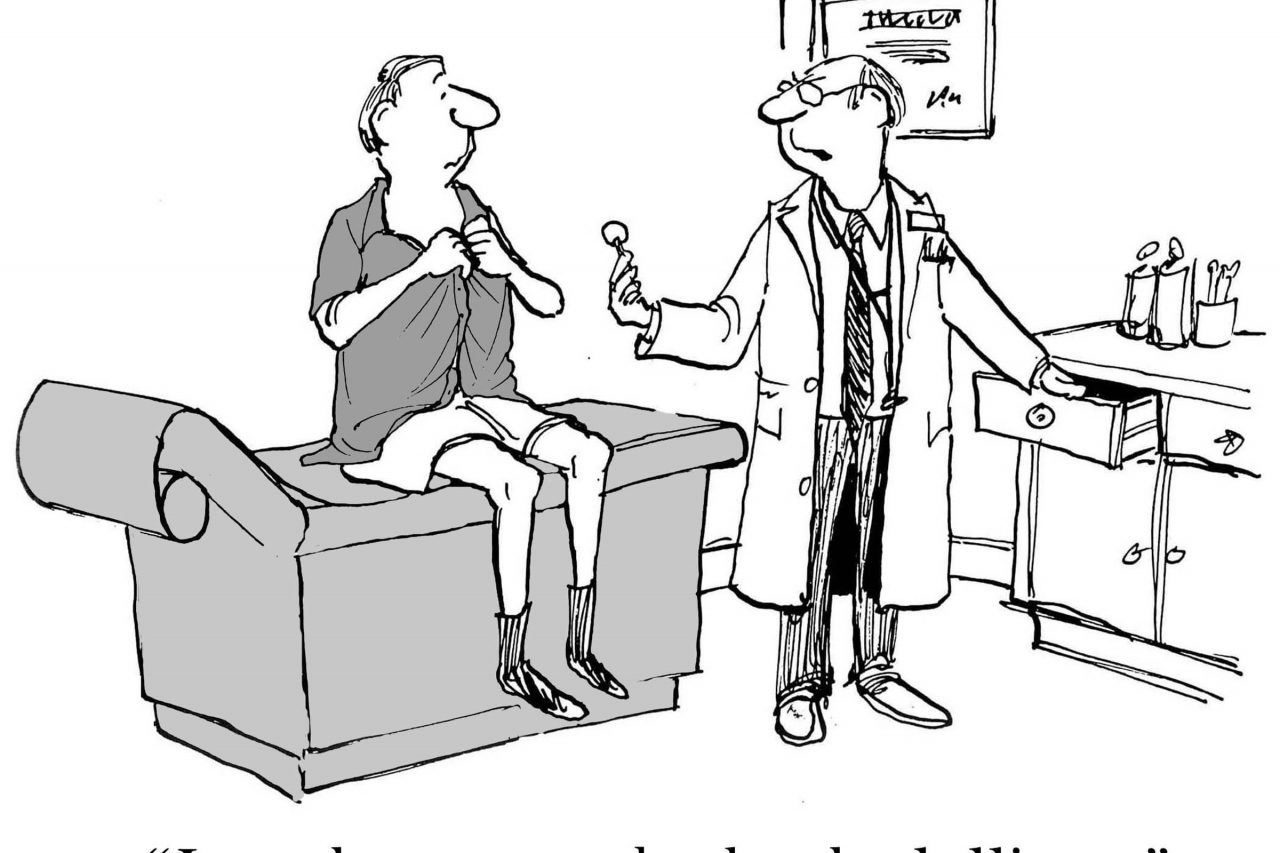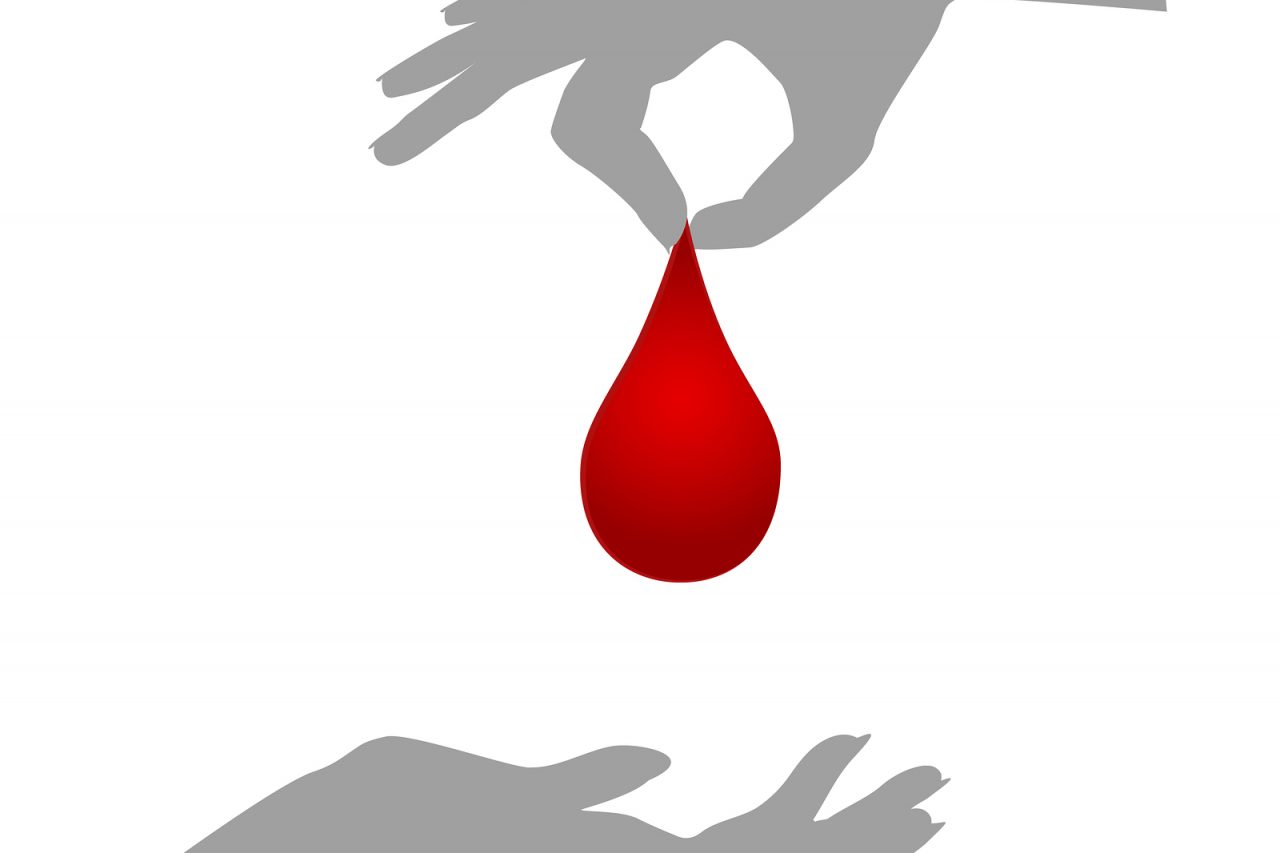A normally reasonable, rational and responsible oncologist refused to see a patient with a diagnosis of cancer. She was available; in fact, the patient was just down the hall. She has a deep understanding of the particular disease. There was no problem with insurance coverage, precertification or co-pay. The doc is a provider on the patient’s plan. The reason was simple, as well as very complex. The patient is dead.
Do you know the old saw, “why do they put nails in coffins? “ It’s to keep out the oncologists. Nonetheless, in this case, the surgical service actually called the oncologist to do a consult in the morgue. Come on down, review the records, and, I suppose, examine the “patient.” I think we can assume that the verbal history would be brief. (?Patient not cooperative ?Patient does not respond to questions). Still, while this doctor is always willing to help, this request seemed to go beyond the pale.
The problem is this. The patient was admitted to the hospital with an acute surgical emergency. Labs were drawn, EKG performed, IV placed and he was stabilized. The patient was then whisked to the operating room, where, after an otherwise uncomplicated, routine and successful procedure, he died.
Now, the surgical service is asking a remarkable post-hoc question. Should they have taken the patient to the OR in this first place? Or, more specifically, what was the patient’s prognosis, re his advanced cancer? Did it justify the surgical risk? Instead of entering the OR, should the patient have entered hospice?
Any oncologist will tell you this is the sort of question we get all the time. Should a patient with Stage II lung cancer have bypass heart surgery? Is a diagnosis of CLL a contraindication to dialysis? Does a family history of cancer mean the patient should not have immunosuppressants?
However, there are several problems with the oncologist trying to predict the future and balance it against surgical risk. First, truthfully, we are not very good at it. Cancer doctors receive very little training in determining prognosis and data says we get it wrong much of the time.
Second, we are biased towards our patients and towards the potential success of cancer treatment. Not only do we sometimes believe too much in therapy, at times we are slow to tell our patients that the likelihood of the treatment curing or having a major benefit is small.
Finally, its not just cancer. There is the need to predict the future in patients with heart disease, kidney failure, advancing cirrhosis, debilitating AIDS and old age itself. For a challenge try to decide whether a patient newly diagnosed with Alzheimer’s disease should have a revision of an old pacemaker, a colonoscopy because of anemia, dental implants or hip replacement for moderate arthritis. Such decisions require an understanding of the course of the illness, which is often variable, the risk and benefit of the proposed surgery, which is not always evident, and, critically, an appreciation of the desires, goals and understanding of the patient.
It occurs to me, that in addition to doctors with primary responsibility for a particular illness, such as cardiologists, nephrologists, neurologists and geriatricians, there is a medical specialty that has a keen interest and specific training in prognosis. That is Palliative Medicine. Because of the need to decide whether patients are appropriate for end-of-life care, especially hospice, Palliative Medicine doctors have done extensive research on prediction, receive training in prognosis and a major part of the Palliative Medicine board certification exam is testing this skill.
Consulting not for care directions or quality of life assistance, but to give advice regarding the appropriateness of surgery, or other new medical intervention, would be an expansion of the traditional role of the Palliative Medicine service. It has the advantage of involving a clinician who has specialty expertise in prognostication, focuses on communication and has the perspective of a small degree of distance and objectivity around the particular case.
Palliative Medicine started, several decades ago, with a goal to improve pain control in the last few days of life. It has grown to offer a broad base of quality and support for patients and families who are at every point on the chronic disease path. Perhaps, prognostic consultation is a further way this critical specialty can help all of us, even we recalcitrant oncologists, to balance care and caring in patients with complex illness.







2 Comments